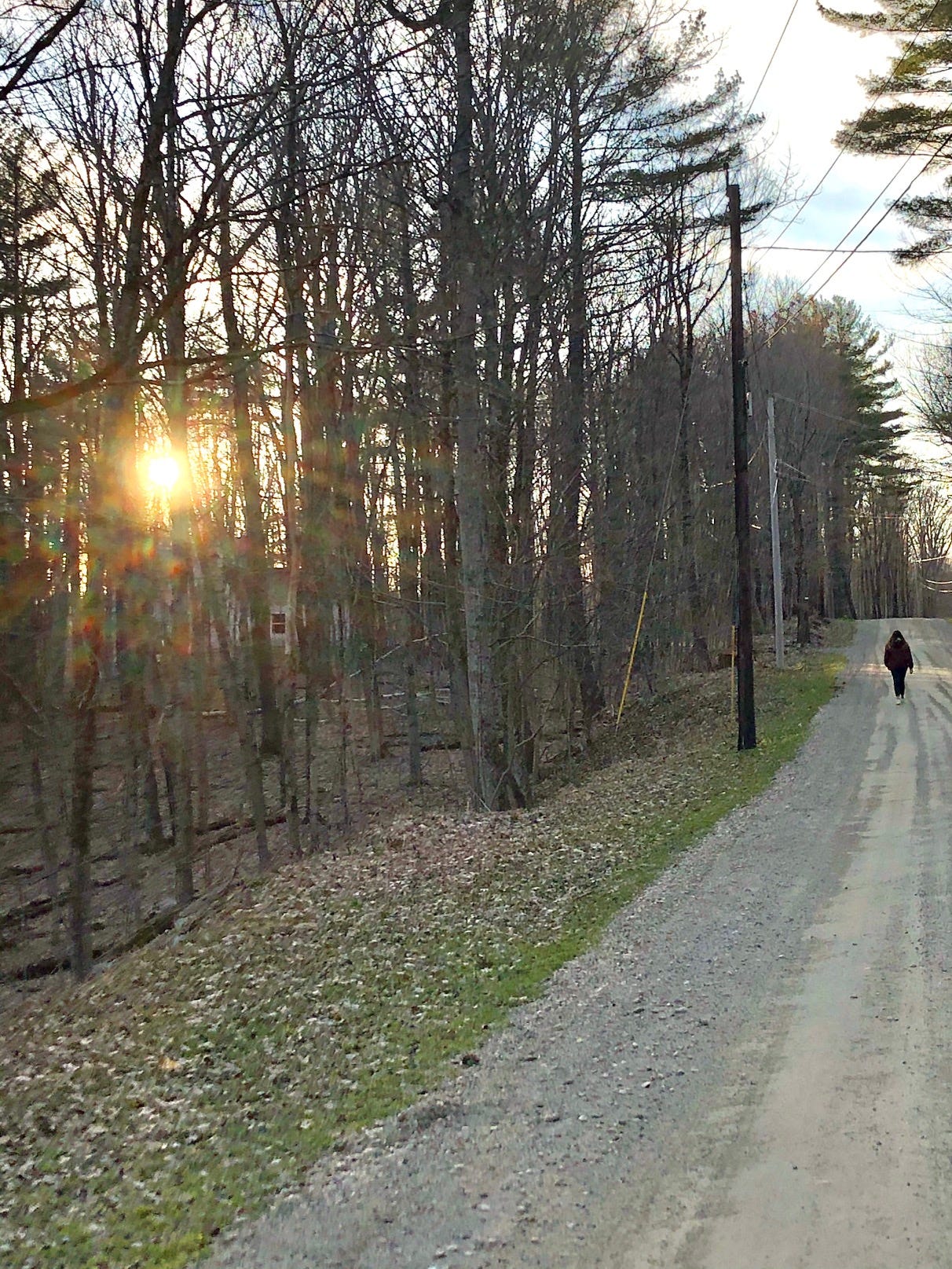Exercise fads come and go.
Running, tennis, Zumba, hot yoga, pilates, weight training, kickboxing spinning, CrossFit, and Pelaton are just a few of the trends that we have seen over the years.
This doesn’t mean they are poor forms of exercise. And, it doesn’t mean you won’t benefit from them. But any exercise you don’t do consistently and long term will not serve you for a lifetime.
Three Problems With Most Fitness Routines
First, most forms of fitness cost money. I know because I have attended hundreds of yoga classes and played tennis four to five times a week for years. I’ve bought clothing and equipment and paid for classes and memberships.
The second issue is injuries. Take any form of fitness seriously, and at some point, you are likely to injure yourself. I was amazed at how many of my yoga teachers were nursing pulled muscles and sprains. I was too scared to push my limits in yoga, and I had never hurt myself playing tennis, so I thought I was immune to injury. Until last summer when that illusion died. I tripped running for a ball in tennis and broke my wrist, badly. I won’t be doing tennis or yoga for a year. In addition to the short term loss of play and fitness level, my injury, like many can cause discomfort or pain in future years as well.
Finally, the most likely reason that exercises don’t have long term benefits is that you can’t do them for your entire life. Once you stop an exercise routine, you quickly lose the benefits. Not too many people over 35 were in my yoga classes and I imagine the same is true for many other exercise classes.
“Once you stop exercising you quickly lose the benefits.”

When Age, Fitness Level, And Cost Are Not Factors
My 93-year-old cousin and her 94-year-old husband have done one exercise consistently for the last sixty years. Every day, they walk. They walk from their house in Long Island to a nearby park, where they watch children play sports and enjoy the trees and flowers change with the seasons. Sometimes they drive to a beach by the Long Island sound and walk along the water, watch the seagulls, and pick up rocks that have been polished by the waves.
Unlike many of their friends, they are still mobile without the help of a walker or a cane. They have both either overcome or live with some inevitable health issues. But they have their mobility and the pleasure of experiencing nature with all the freedom and dignity that walking provides.
Intensity Does Not Equal Benefit
Research supports a number of health benefits of walking. These include improved cardiovascular and pulmonary (heart and lung) health, improved long-term mobility, arthritis pain management, mood improvement, and weight loss.
My nonagenarian relatives get these benefits and more. They enjoy each other’s company. They witness the beauty of nature and they breathe fresh air. I’m not sure whether studies show that walking in nature is more beneficial than walking on a treadmill, but my personal experience tells me there is a big difference. And I wouldn’t bet against this theory.
Making It Easier To Live In A Time of Isolation
Right now, most of us are confined to our homes. If your gym isn’t closed you could rightly be concerned about the safety of going. But walking is almost always available to you. If you find a place outdoors where you can maintain your distance from others, there is no reason to avoid going out for a walk. You can walk from your home or drive to a place with a nature trail or lake. Now (more than ever) is the time to take walking seriously.
Walking has helped me stay calm. When I start a walk and my mind is still on the latest CNN alerts, I redirect my thoughts to what’s right in front of me on the path. When walking in nature, I can turn my focus to a bird or the buds on the trees. My husband and I enjoy the time together and talk about what we notice.
I feel physically better since walking every day. Walking up and down hills has helped me build my lung capacity.
I don’t think I’ll be playing tennis or doing yoga when I’m in my 80’s, but I hope to be able to walk every day.

Walking is helping me stay healthy now, and it reminds me of something important during this pandemic. Facing difficult situations with a stable mind and a healthy body is the best defense. The way to make it through uncertainty is to continue moving forward, putting one foot in front of the other and focus on what is happening in the moment.

